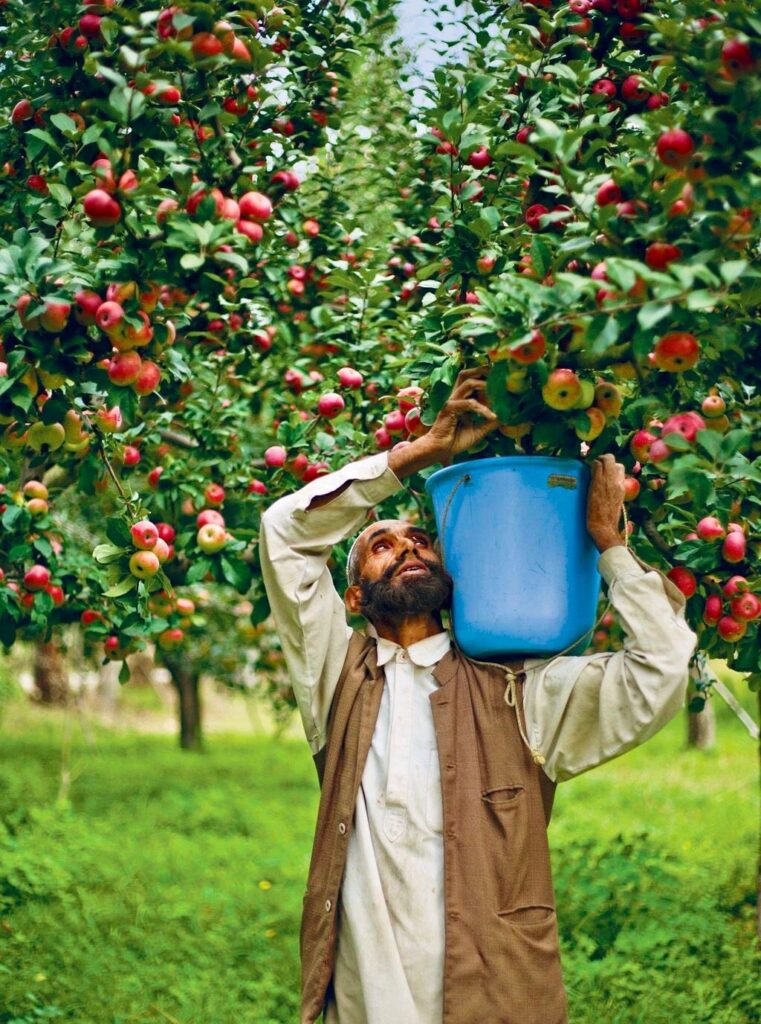Sheikhupura: As the government maintains a 20% Federal Excise Duty (FED) on packaged fruit juices, fruit farmers in Punjab are facing devastating losses, many warning of a total collapse of the rural economy. Once sustained by strong demand from juice manufacturers, thousands of orchard owners are now left with rotting, unsold produce.
The formal juice industry used to procure over 100,000 tonnes of mangoes, guavas, apples, oranges, and strawberries annually. This year, procurement has fallen by nearly half, as companies scale back production due to excessive taxation and shrinking demand.
“No one came this year,” says Shahzad Goraya, a mango grower near Multan. “I used to get booked in advance. Now, there’s barely anything.” Juice companies once soaked up surplus fruit, keeping prices steady for growers. But with a steep 42% tax burden—20% FED stacked with 18% GST—many have ground to a halt, shutting production for over 100 days a year.
For farmers, the consequences are immediate.
“If this continues, I’ll uproot my guava trees and sell the wood,” says Ebadur Rehman of Sheikhupura. “Our costs have soared. Without buyers, we’re finished.”
Farmers in Multan and Sargodha report that pulp processors, who traditionally booked fruit before harvest, have backed out. The lack of cold storage means even short delays result in waste.
“Mangoes don’t wait,” says Fayyaz Chaudhry, who grows Chaunsa mangoes. “When exports slow down, we rely on pulp buyers. They’re gone since the tax hike.”
What was once a thriving value chain—linking farmers, processors, and manufacturers—is now broken. The fallout: rising rural unemployment, vanishing incomes, and a growing exodus to cities.“Instead of encouraging value addition, the government is punishing it,” says Rehman. “Without support for local processing, we’ll stay a raw-material economy forever.”
The impact extends beyond farmers. With no outlet for surplus or grade-B fruit, food waste is rising, undermining national food security.
Experts say the policy has also backfired on the government. With juice sales down over 40%, tax revenues have shrunk. Meanwhile, unregulated and untaxed alternatives are filling the gap, posing health risks and draining the formal economy.
“We urge Chief Minister Punjab Maryam Nawaz Sahiba to intervene,” says Goraya. “This isn’t just about one season. If these policies stay, Punjab’s orchards will disappear—and so will our livelihoods.”
Farmers are demanding a rollback of the FED to 5%, as it was before 2023. Without this, they say, the orchards and the communities that depend on them won’t survive.

